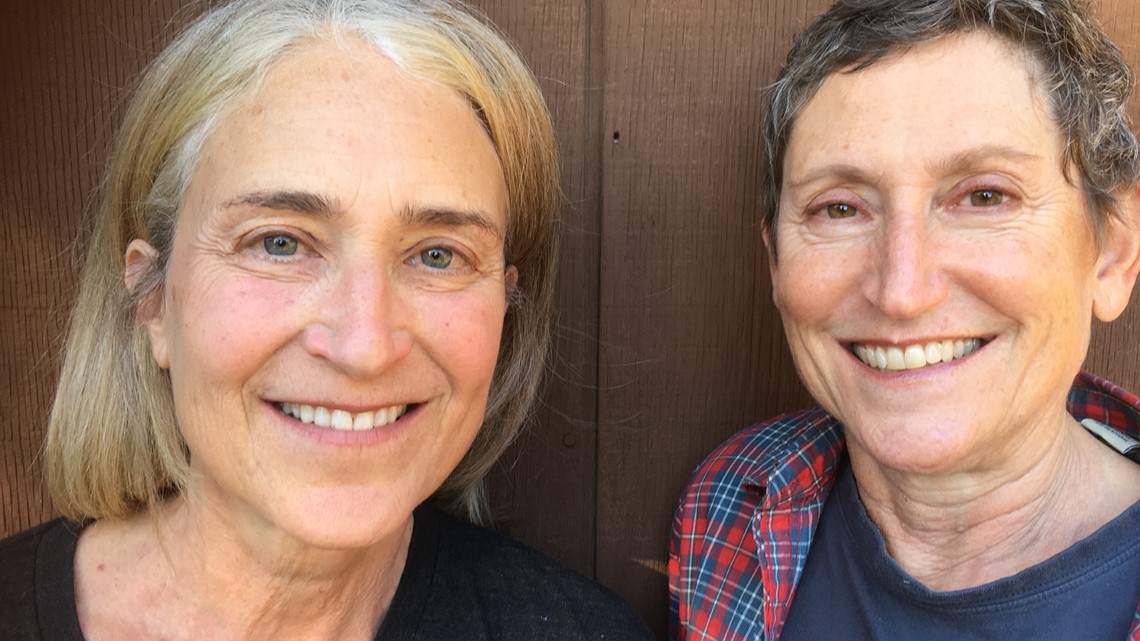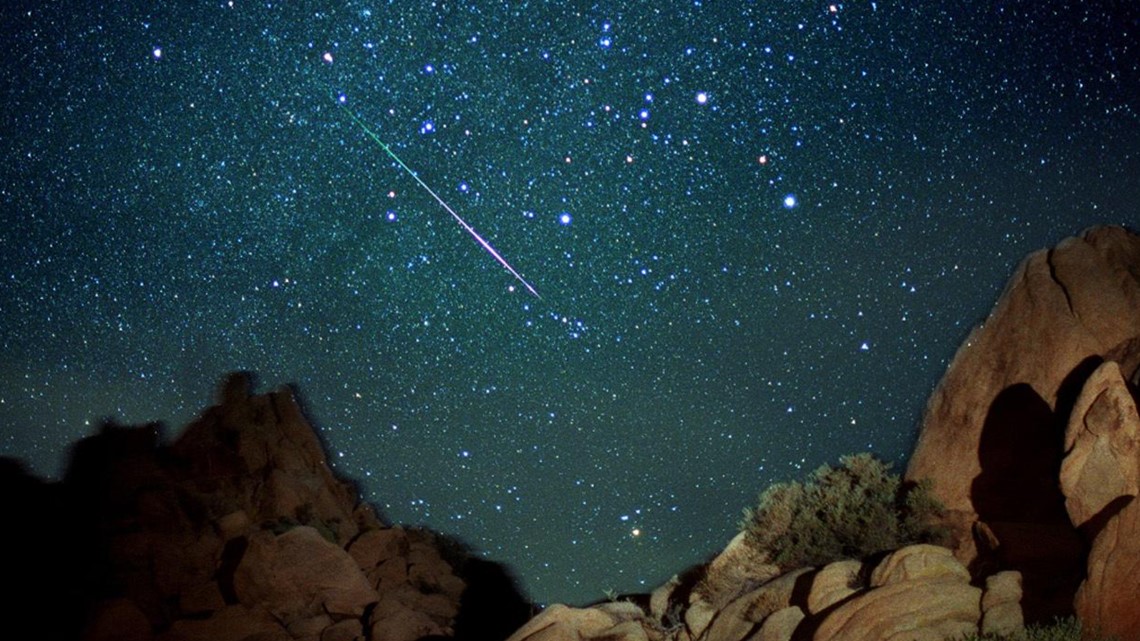Maryland lawmakers are working on legislation to guarantee donor conceived people have access to their full medical history.
CHEVY CHASE, Md. — When Jackie Coolidge pages through old photo albums in her Chevy Chase home, it brings back special memories. Coolidge describes her childhood as fairly normal, growing up in Michigan with her mom, dad and two older sisters. For more than 50 years, this was the only life she knew.
It wasn't until about ten years ago that she unlocked a part of her family tree she had no idea existed. Coolidge submitted her DNA to the ancestry company '23andMe.'
"I could see that I'm related to everybody on my mom's side, but I'm not related to anybody on my dad's side. I'm only half sisters with my sisters," Coolidge said.
Coolidge's parents had both passed away already, so she was left to find answers to all of her questions on her own. After searching through her parents' medical records, she found those answers.
A letter from the University of Michigan Hospital thanking her parents for their cooperation was tucked away in their records. Coolidge discovered her dad who raised her, was not actually her biological father and she was in fact conceived using donor sperm. However, in the late 1950s, this was not official, it was all experimental research.
"My parents had kept completely tight-lipped about it. They weren't saying anything because back then that was the advice. Nobody has to know, don't tell them," Coolidge said.
Incomplete Medical History
After the new discovery regarding her DNA, Coolidge realized that for years she had been giving doctors incorrect information about her family medical history. She wanted to find her donor father to get a more complete picture.
With her '23andMe' DNA results and the limited information she had, she turned to Facebook for help. A group dedicated to situations like hers, helped her locate her donor father within hours.
"It was one long night and they had the job done. It was amazing," Coolidge said, referring to the strangers and 'search angels' who helped her.
She reached out to her donor father's family who gave her access to his medical records. That's where she found a history of colon cancer.
"I should have been on the early and often colonoscopy schedule. I had one at the age of 50 and it was clean. Thank goodness. In that regard, it could have been much worse," she said.
Coolidge was lucky, but she knows other donor-conceived people are still in the dark about serious medical conditions they are at risk for.
Pushing for legislation
Jackie's story inspired Maryland House Bill 482. Delegate Emily Shetty introduced it to the Maryland General Assembly earlier this year.
"I think having access to your own medical history is a basic right," Delegate Shetty told WUSA9 in a recent interview.
The bill proposed bringing the minimum donor age to 21 years old, limiting the number of families per donor to 25, and would give a donor-conceived person access to their donor's identity and medical history when they turn 18.
"It could mean that it could save their life one day to have that information and be able to play accordingly, Shetty said.
But there was some pushback about certain parts of the bill with concerns about unintended consequences. Assisted reproduction is an important process for LGBTQ families. Some advocates fear that any regulation of this industry, especially limiting the number of times one donor can be used, would have a harmful impact.
"I think what we have to be more cautious about is broader legislation that seeks to regulate reproductive autonomy of people," said Patience Crozier, Director of Family Advocacy for GLAD.
That's why Delegate Shetty decided to hit pause on the bill for now. Lawmakers are working with several stakeholders on revising this bill and plan to reintroduce a new version of it in early 2024. While there are some concerns about the broader legislation, even the critics say they support the medical history aspect of the bill.


Meanwhile, Coolidge's search for answers gave her a complete picture of her medical history. It also connected her with two other half-sisters with whom she shares the same donor father. She calls the family she grew up with her nurture family, and the others her nature family.
"It's nice when you share little anomalies like taste in music, career and personal interests and to have that resonate in a way that maybe you didn't experience in your family growing up," said Coolidge.
The fertility industry is steering away from the idea of completely anonymous donations. There are four major cryobanks in the United States. One of the largest, Fairfax Cryobank, is located in the DMV. Three years ago Fairfax Cryobank only started accepting donors who would be willing to have certain information released when their offspring turn 18.
However, Coolidge and others still say they want to see an actual law put in place to guarantee access to medical history.
.png)









 English (US) ·
English (US) ·